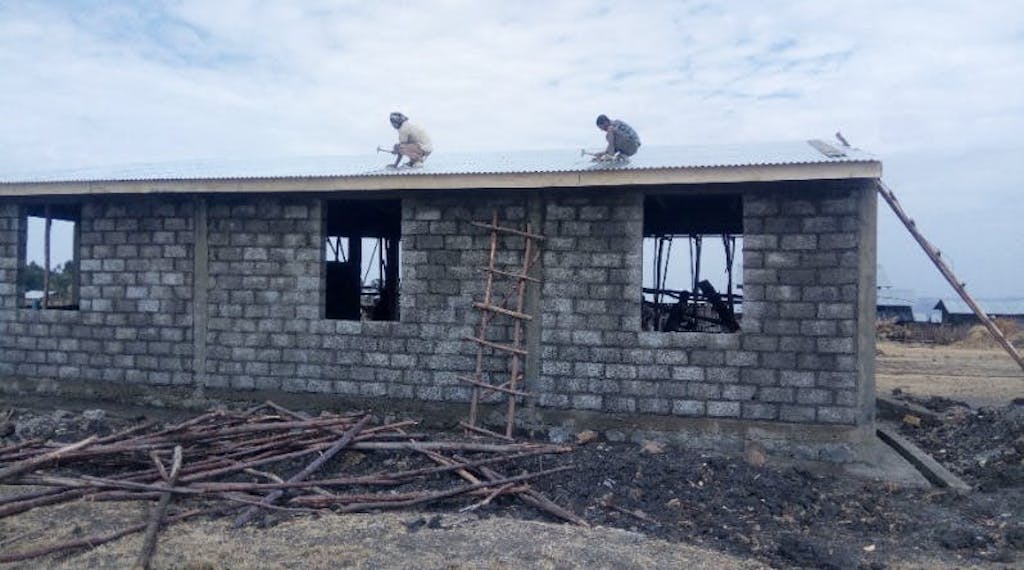As we all know, COVID-19 has put many things on pause. In the U.S., we’ve been practicing social distancing, proper handwashing, and good hygiene and sanitation habits. FH Ethiopia, in collaboration with a task force, has also ensured that community members are also taking these precautions very seriously. But how?
Sanitary Materials Distribution
First things first, the proper tools are necessary to keep germs at bay. Soap, rubbing alcohol, hand sanitizer, gloves, and face masks are distributed to base camps, offices, and essential staff. These essential staff include individuals such as drivers, cleaners, and guards.
Raising Awareness
To keep from spreading COVID-19, FH staff have implemented prevention awareness sessions at food distribution points. Here, community members learn how to keep a safe distance from others. The social distancing rule applied to those in line waiting for their food, as well as local police enforcing this rule, ensure safe individuals are keeping a safe distance from each other. Cascade Group leaders in the community were also taught proper prevention practices, who then taught their own local groups and churches. Among these teachings, over 300 leaflets were distributed and it is estimated that about 11,500 people were impacted as a result of the campaign. Because of these training and teachings, communities are:
- Social distancing
- Reducing handshaking when greeting others
- Covering their mouth and nose with their inner elbow when sneezing and coughing






Handwashing Stations
Along with raising awareness about how the virus is spread, handwashing stations have been implemented for use. As people queue up, they are making sure to adhere to good social distancing practices as well.


How You’re Helping
Through your support, FH Ethiopia has been able to educate over 11,500 people on how to stay safe during the time of COVID-19. Projects such as gardening, well digging, and construction are able to continue, keeping social distancing in mind. Food rations were given to those in need and handwashing stations have been created and implemented for use. Through your donations, over 7,500 people had access to handwashing supplies and stations! Together, we can continue to keep each other safe, all over the world.
Health and hygiene training is the most basic and effective way to stay safe during this time. However, not everyone has the proper resources to keep their families safe. You can help the most vulnerable remain safe and get access to life-changing resources such as clean water and health and hygiene training. Your generous donation will equip our staff to continue offering life-saving support and provide families and children with the resources they need now. Click here to learn more about how you can help. We can’t do this without your help.
Keep Reading:
Guatemala Response: Love in the Time of Coronavirus?

